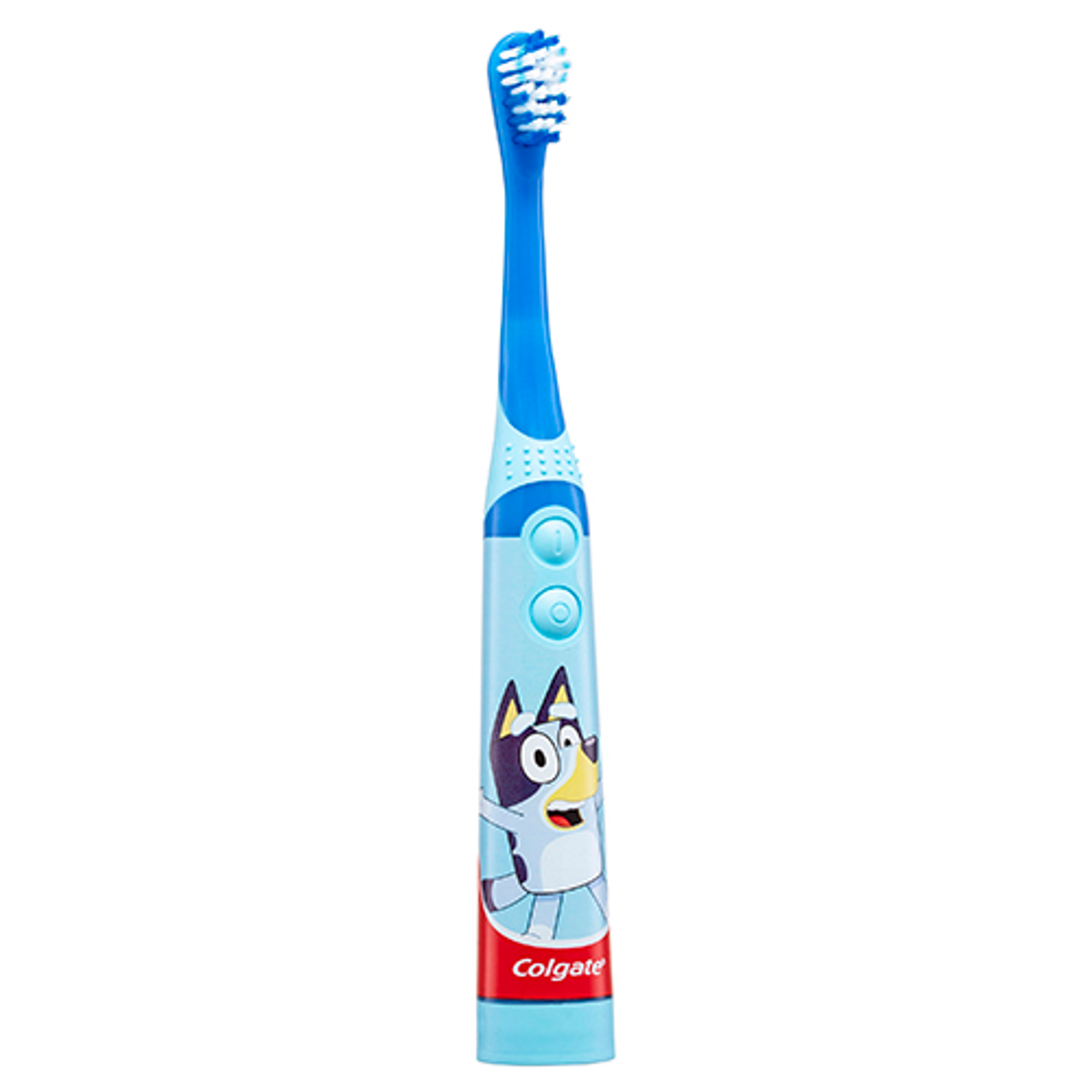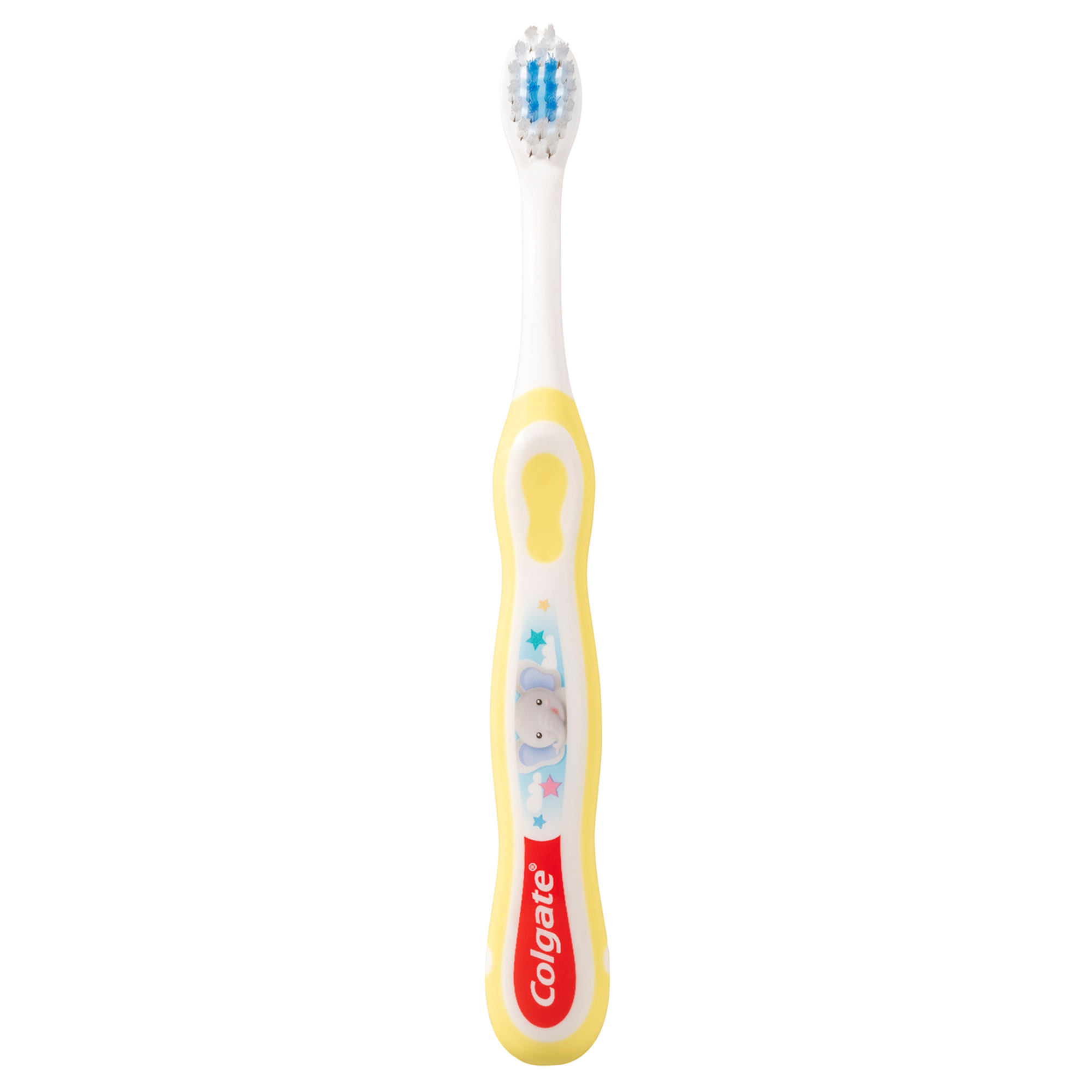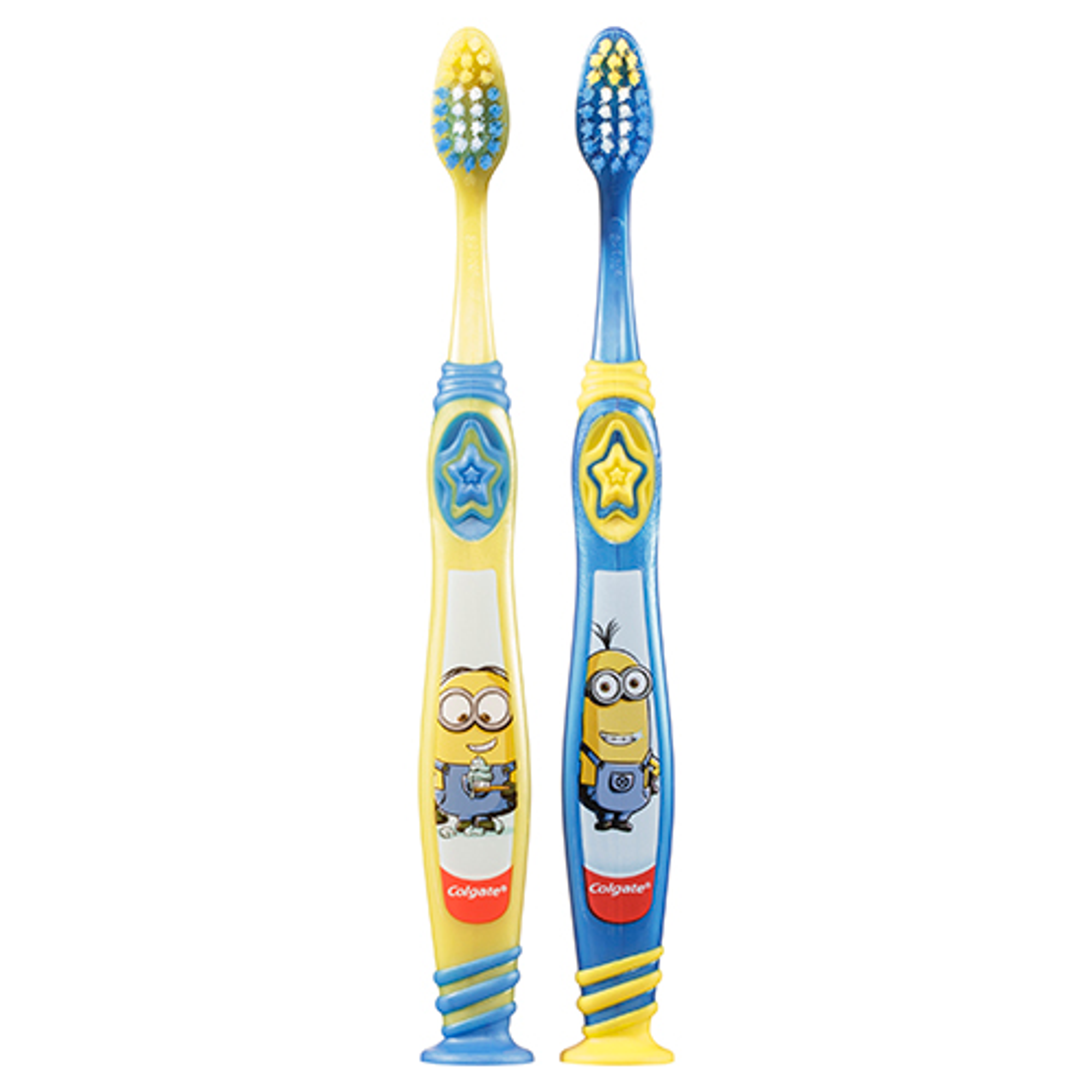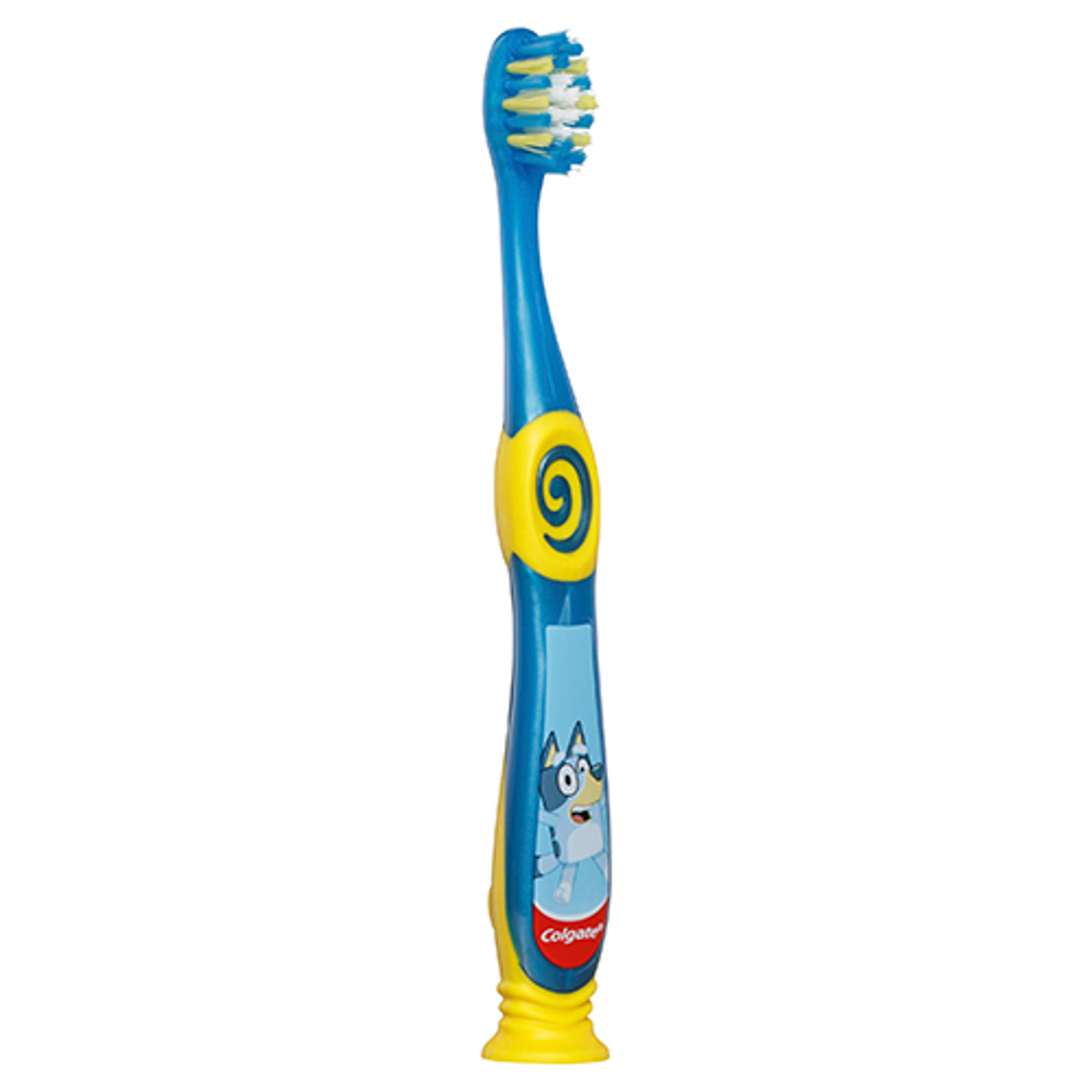What Does a Paediatric Dentist Do?
Paediatric dentists are professionals who have completed a specialised course of dentistry that caters to children, particularly those who have special needs or otherwise need gentler care. The program consists of two to three years of further training after graduation from dental school. It includes hospital training, where they work with children who have more severe dental needs and emergencies. Paediatric dentists work closely with paediatricians and general dentists, who refer selected patients for this specialised dental treatment that requires this advanced training. The Australian and New Zealand Society of Paediatric Dentistry (ANZSPD) is an organisation of paediatric dentists, general dentists and oral health therapists and its website has a good selection of resources explaining their role in dentistry.
How Old Are Paediatric Dentists' Patients?
Paediatric dentists can treat children from birth to adolescence. If a child has unique developmental issues or needs to be seen in a hospital setting due to another medical condition, a paediatric dentist is uniquely qualified to provide that treatment. Often, children with special needs that persist into adulthood are still seen; their paediatric dentist knows their dental history, as well as the special treatment and procedures needed before and during treatment.
Why Choose a Paediatric Dentist Instead of a General Dentist?
All general dentists are trained in paediatric dentistry at dental school and are predominantly taught by paediatric specialists on staff. Some general dentists are more comfortable than others in treating small children, especially if their practice serves many families and they're familiar with common behavioural conditions that need to be addressed during treatment. But it is specific to the practice. If a general dentist is not comfortable treating a young or special needs child or advanced procedures are necessary then a referral is in order. You can search for a practitioner near you through the ANZSPD.
What Benefits Do Paediatric Dentists Offer to Children?
Prevention and treatment are the primary focus areas of paediatric dentists, along with educating parents on how best to care for children. Paediatric dentists working in dental schools and hospital training facilities also conduct research to develop better methods of preventing and treating oral health problems in children.
Brochures and educational materials are plentiful online to help parents prepare for their child's first visit to the dentist and to inform them about the preventive oral health care products available to them. Ultimately, however, a paediatric dentist can be a helpful aid in ensuring a lifetime of healthy smiles for your children. Together, you can work towards this goal.
About the author: Dr. Huot is the founder and CEO of Beachside Dental Consultants Inc. He has lectured at many meetings, and his past articles have been featured in Dental Products Report, Dental Economics, Dental Practice Report, ADA News and state dental journals. Dr. Huot recently retired from the USAF Reserve Dental Corps after 30 years of military duty, and his most recent assignment was as the Commander of the 920th Aeromedical Staging Squadron at Patrick AFB, Florida. A past president of the Maine Dental Association in 1994 and the 2006 president of the Atlantic Coast District Dental Association in Florida, Dr. Huot is a Fellow of the American College of Dentists, the International College of Dentists, the Academy of General Dentistry and the Pierre Fauchard Academy.
This article is intended to promote understanding of and knowledge about general oral health topics. It is not intended to be a substitute for professional advice, diagnosis or treatment. Always seek the advice of your dentist or other qualified healthcare provider with any questions you may have regarding a medical condition or treatment.













